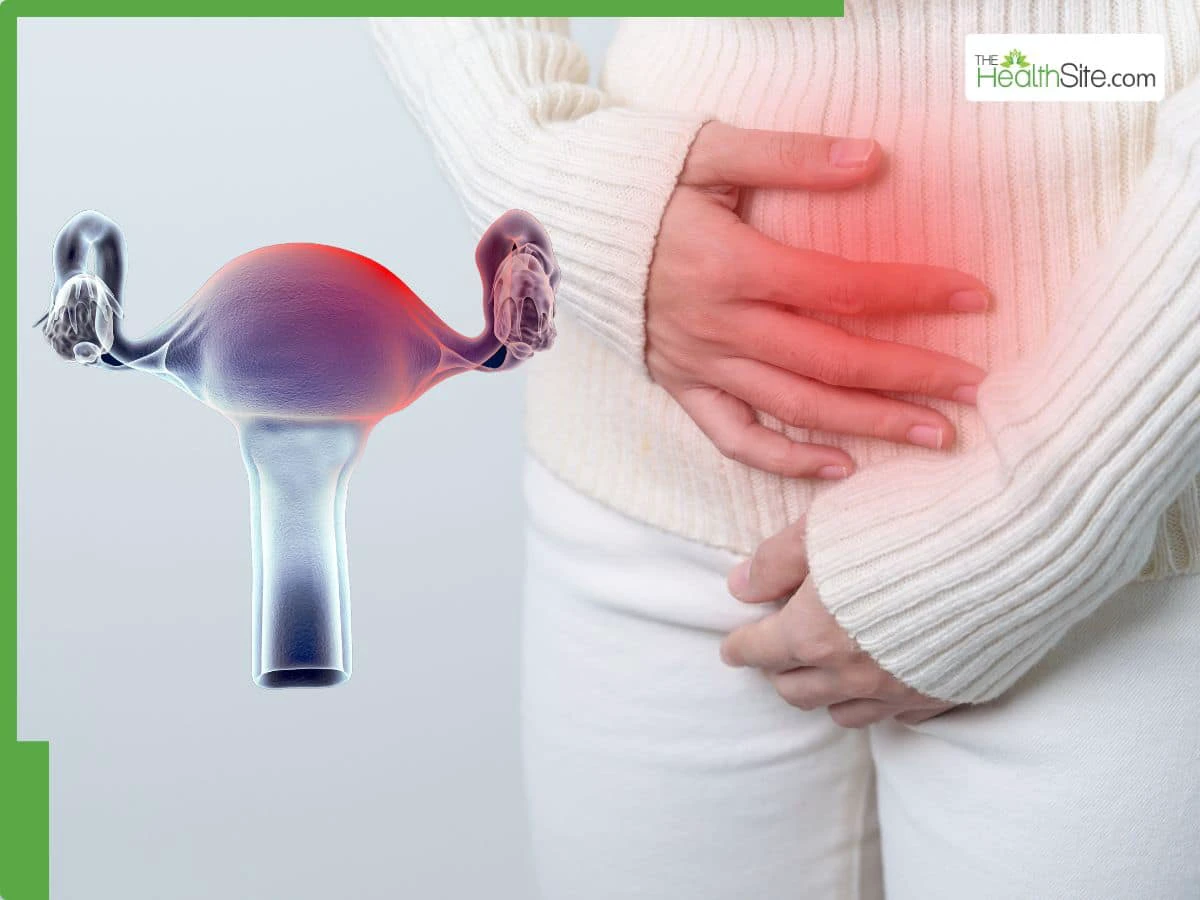Ovarian Cysts and Pregnancy: Wondering if you can still conceive with ovarian cysts? Discover the truth about fertility, risks, and what to expect on your journey.
VERIFIED By: – Dr. Manasa G V, Associate Consultant – Obstetrics and Gynaecology, Manipal Hospital, Goa.
Ovarian cysts are fluid-filled sacs that form on the ovaries. The majority of cysts are harmless and resolve spontaneously, yet others can affect fertility based on their differentiation, size, and etiology. Identification of different types of ovarian cysts and their potential effects on reproductive health are important for proper management and treatment.
Types of Ovarian Cysts – Functional cysts are commonest and typically don’t impact fertility. These cysts are normal, occurring as part of the menstrual cycle and usually resolve with no treatment. That said there are some situations such as Polycystic Ovarian Syndrome (PCOS) which can complicate things further. PCOS is marked by numerous small cysts on the ovaries, hormonal imbalance, and irregular ovulation, leading to difficulty for some women to conceive. In a positive twist, fertility interventions such as medications that induce ovulation can restore the possibility of pregnancy.
Endometriomas, or chocolate cysts, form in women with endometriosis. They can affect egg quality and ovulation, at times requiring removal to enhance fertility. In the same vein, dermoid cysts and cystadenomas, while typically benign, can become large and disrupt ovarian function. Surgical removal may then be needed to avoid ovarian torsion complications.
How Ovarian Cysts Affect Pregnancy
Ovarian cysts may impact pregnancy in some situations. Large cysts greater than 5 cm can interfere with ovulation, whereas ruptured cysts can lead to pain and complications. Ovarian torsion, which results from a cyst twisting the ovary, can impair ovarian function and may necessitate urgent surgery. Furthermore, hormonal dysregulation seen with PCOS can impair fertility, and management is therefore important for those seeking conception.
Treatment and Management Options
Ovarian cysts are fluid-filled sacs that develop on or within the ovaries. While many are harmless and resolve on their own, some may cause discomfort or complications. Understanding available treatment and management options ranging from watchful waiting to medication or surgery can help ensure proper care and maintain reproductive health.
Monitoring and Observation
In the case of most ovarian cysts, particularly the small and asymptomatic ones, a watchful waiting strategy is usually adopted. Periodic ultrasounds allow for monitoring of their size and growth, and blood tests such as CA-125 can be done to eliminate ovarian cancer in suspicious cases. Monitoring symptoms such as abnormal cycles and pelvic discomfort is also necessary in determining the necessity for intervention.
Medications for Ovarian Cysts
Medications are a vital aspect of managing ovarian cysts. Birth control pills are often prescribed to regulate menstrual cycles and prevent new cysts you’re not trying to get pregnant. In women with PCOS who have challenges with ovulation, medications such as clomiphene citrate and letrozole can also induce ovulation, increasing the chances for conception. Metformin is another widely prescribed drug that enhances insulin sensitivity and facilitates ovulation in PCOS patients.
Lifestyle Changes
Consumption of omega-3 fatty acids can help reduce inflammation when you have planned out a well-balanced diet of low-glycemic food for balance of the blood sugar level. In particular, avoiding processed sugars can be beneficial for those with insulin resistance. Insulin sensitivity is also optimized with aerobic exercise, and as little as 5-10% body weight loss has been shown to restore ovulation in women with PCOS. Also critical to optimizing your hormones are stress-reduction practices like meditation, slow deep breathing, and acupuncture.
Surgical Management
Surgery is undertaken in the event of large cysts, which are persistent, or result in infertility. Laparoscopic cystectomy is the removal of problem cysts and preserving ovarian function by using minimal access surgery. When the cyst is malignant or extremely complicated, oophorectomy or the removal of an ovary may be undertaken.
When to Seek Medical Help
Women need to seek medical care when they have pelvic pain, rapid bloating, or unexpected weight gain. Signs of fever, nausea, or vomiting could mean torsion or rupture, so they need urgent treatment. Even those who have difficulty conceiving for more than a year need to see a doctor to determine the health of their ovaries.
Even though the majority of ovarian cysts don’t cause a block in pregnancy, regular treatment is paramount to reproductive life. Observance, changes in lifestyle, drug treatments, and, when need arises, operative interventions can help women overcome infertility and enhance pregnancy opportunities.
